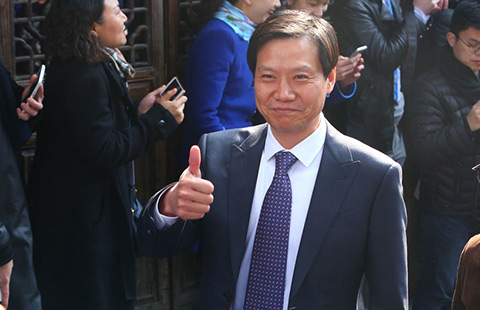China on alert against property lending risks
(Xinhua) Updated: 2012-07-25 09:48BEIJING -- Chinese regulators are vigilant against potential risks regarding bank loans to the property sector following government curbs that have sapped the market and stripped developers of cash, local media reported Tuesday.
The State Council will send several teams of inspectors to investigate property-related lending, the Shanghai Securities News reported, quoting a financial regulator who spoke on condition of anonymity.
Authorities have been concerned about the influence of property market changes on bank assets and will rigorously control risks in real estate financing, the official said.
About half of China's major property firms have seen their debt ratios exceed 60 percent and most listed developers have a negative operating cash flow, which may increase risks in bank lending for property development and other related industries, the official noted.
Some developers have also raised funds through real estate private equity funds and real estate investment trusts, as well as from overseas markets and the domestic private lending market, and will face significant repayment pressure in future.
However, the official told the newspaper that the country's banking regulator is unlikely to suspend property-related loans or real estate investment trust operations.
China saw outstanding loans for property development and mortgage home purchase rise 10.3 percent year-on-year to 11.32 trillion yuan ($1.79 trillion) at the end of June, according to central bank data.
The growth was 0.2 percentage points higher than that of a quarter earlier. It marked the first quarter of growth after slowing for eight quarters in a row, which analysts attributed to lower borrowing costs and a looser monetary supply.
China's central bank cut benchmark interest rates for the first time since December 2008 in June and further slashed the rates earlier this month to support the softening economy.
Many cities have attempted to ease property curbs imposed by the central government since the second half of 2011 in response to diminishing revenues from land sales.
The measures have included subsidizing purchases of refurbished houses and allowing first-time home buyers to borrow more from the public housing fund.
In the latest move of this kind, authorities in the eastern city of Nanjing on Monday announced plans to allow prospective first-time and low-income homeowners to borrow from public housing funds and remove home purchase restrictions for high-tech start-ups.
Diminishing revenues from land sales may result in more risks for bank loans to financing vehicles, or companies set up by local governments to raise funds and bypass restrictions on direct government financing, the anonymous financial regulator warned.
- China Vanke's chairman concerned over shareholder's leveraged buying
- Wuzhen to install a smarter Internet-enabled 'brain'
- EBRD secretary general looking forward to fruitful collaboration with China
- Highlights at the Light of the Internet Expo
- US and China Internet giants launch Council of Digital Economy Cooperation
- Candid advice from seasoned executive
- Museum puts little-known artist in spotlight
- Ancient town gets smart makeover
















